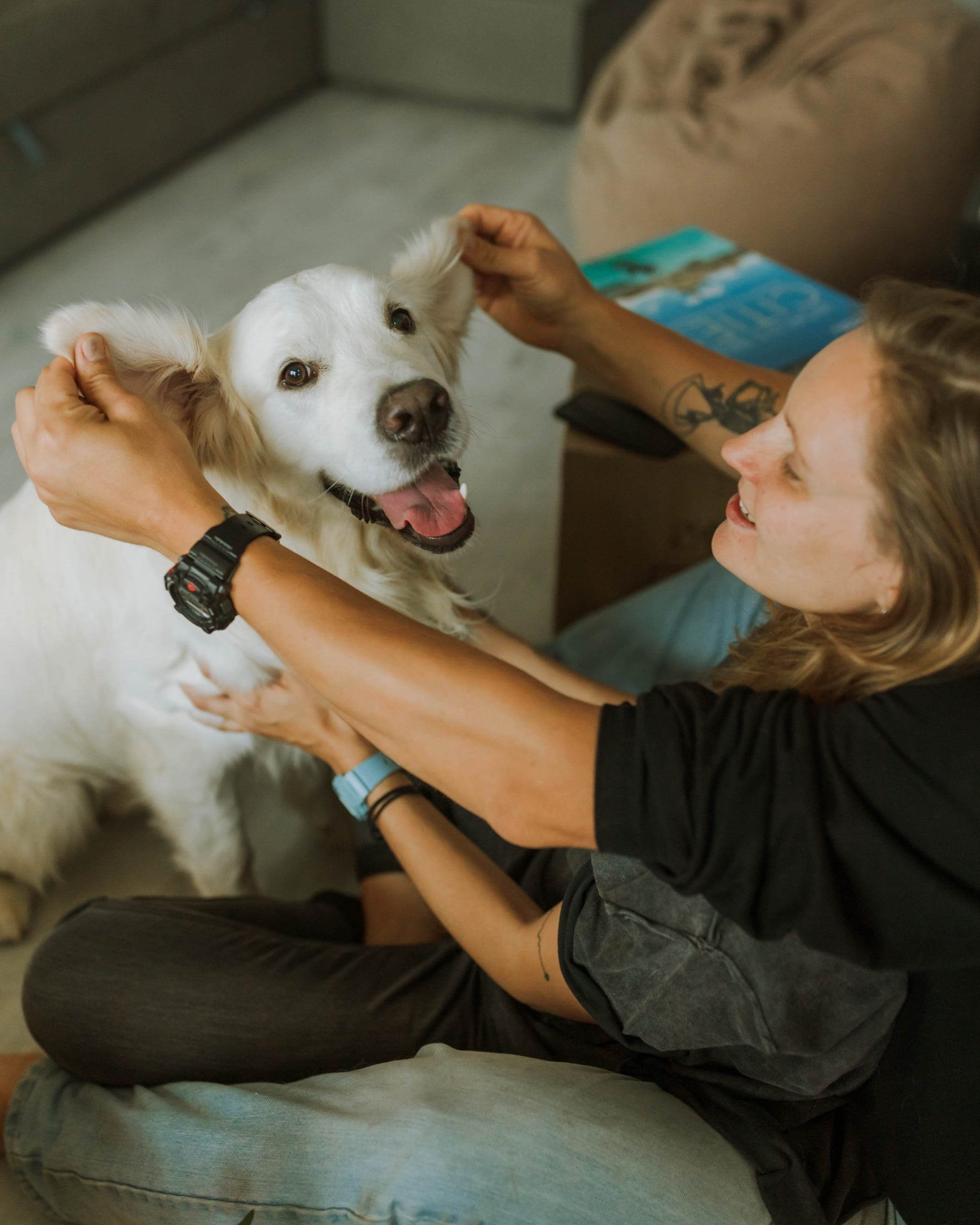Chihuahuas are among the tiniest dog breeds, often winning the hearts of dog lovers with their small size and vibrant personalities. For those contemplating the addition of a chihuahua to their household, understanding their size is essential. This knowledge aids in addressing health considerations and ensures a good fit within your lifestyle.
Typically, chihuahuas weigh between 2 to 6 pounds, making them the smallest breed recognized by many kennel clubs. Their height usually varies from 5 to 8 inches at the shoulder. While these measurements may seem diminutive, it’s vital to recognize that each chihuahua is unique. Factors such as genetics, diet, and overall health can influence their size. Some may reach the upper limits of the scale, while others remain notably small.
Growth and Development
The growth trajectory of a chihuahua is intriguing. Puppies experience rapid growth in their first few months, generally reaching their adult size within the first year. During this crucial period, providing a balanced diet is essential for proper development. High-quality puppy food designed for small breeds supports their growth, ensuring they become strong and healthy adults.
Body Structure and Coat Variations
When considering chihuahua size, it’s also important to examine their body structure. Chihuahuas can have either a smooth coat or a long coat, which may affect their appearance but not necessarily their size. The long-haired variety might appear fluffier, yet the underlying size remains consistent. Their compact build, rounded skull, and large, expressive eyes contribute to their distinct charm.
Health Considerations
The small size of chihuahuas can lead to specific health issues. They are prone to dental problems due to their tiny mouths, making regular dental care and veterinary check-ups essential. Their petite stature also makes them vulnerable to injuries, particularly if they are handled roughly or unsupervised around larger pets or children.
Importance of Socialization
Socialization is crucial for a chihuahua’s development. Despite their small size, chihuahuas can exhibit bold and confident behaviors. Early socialization is vital for teaching them how to interact with other dogs and people, preventing potential behavioral issues stemming from fear or anxiety. A well-socialized chihuahua can be a joyful companion in various environments.
Living Arrangements
Chihuahuas adapt well to different living conditions. Whether residing in an apartment or a house with a yard, they can be content as long as they receive enough attention and exercise. Their small size means they don’t require extensive space, but daily walks and playtime are necessary to keep them physically and mentally stimulated.
Travel Companions
Many potential owners inquire about the size of chihuahuas to determine their compatibility with travel. Their small stature allows them to fit comfortably in carriers or small bags, making them ideal travel companions. However, ensuring their comfort and safety during travel is crucial, as their delicate nature demands extra care.
Personality Traits
Chihuahuas often possess larger-than-life personalities. Many owners are taken aback by the boldness and assertiveness of these little dogs. They tend to be protective of their owners, forming strong bonds. While this loyalty can be heartwarming, proper training is essential to manage excessive barking or guarding behaviors.
Training Challenges
Training a chihuahua can present challenges due to their independent nature. Their small size may lead some owners to underestimate the importance of training, thinking that a little dog can’t cause much trouble. However, consistent training is vital for their development. Positive reinforcement techniques can effectively teach them commands and appropriate behavior.
Variations Within the Breed
Understanding the different variations within the chihuahua breed is important. Some chihuahuas are bred for show with specific standards, while others are common family pets. These breeding differences can impact size, temperament, and appearance. Researching reputable breeders and understanding breed standards can help prospective owners find a chihuahua that aligns with their expectations.
Companionship Needs
Chihuahuas thrive on companionship and do best in environments where they receive plenty of interaction with their owners. Prolonged periods of loneliness can lead to separation anxiety, often resulting in destructive behaviors. For those who work long hours, considering ways to provide socialization or companionship—such as a second pet or doggy daycare—can be beneficial.
Longevity and Care
Chihuahuas generally enjoy a long lifespan, often living between 12 to 20 years. Their small size contributes to their longevity, but maintaining a healthy lifestyle is crucial. Regular veterinary check-ups, a balanced diet, and routine exercise all play essential roles in extending their life and ensuring comfort.
Commitment to Care
Choosing a chihuahua involves understanding their unique needs and characteristics. Their small size may suggest ease of care, but they require the same level of commitment and love as any other breed. Chihuahuas can bring immense joy and companionship. Their size, affectionate nature, and spirited personalities make them excellent pets for the right families. By learning about their growth and care needs, you can create an environment that helps them thrive. Ultimately, every chihuahua is different, and their size can vary based on several factors. Understanding their needs and characteristics aids in making an informed decision about welcoming a chihuahua into your life.

